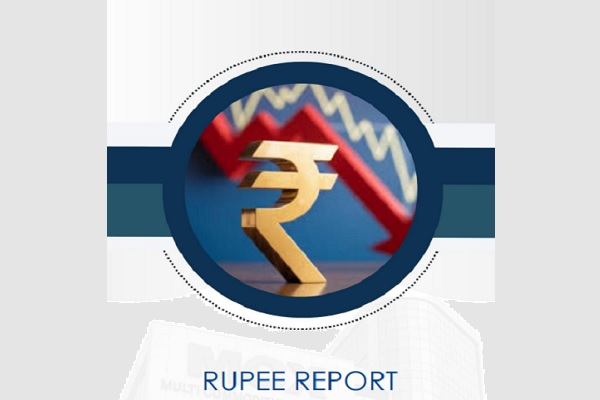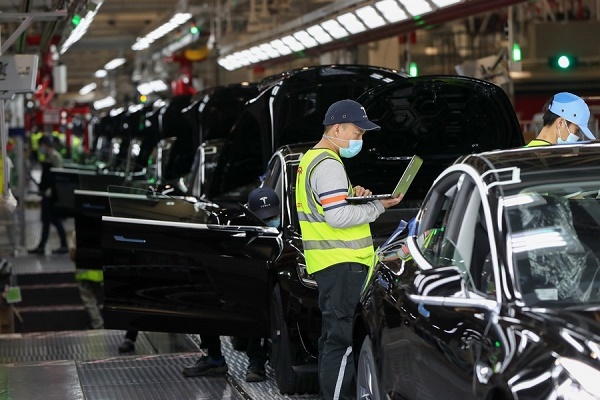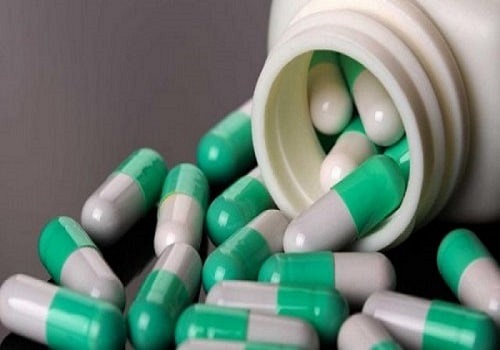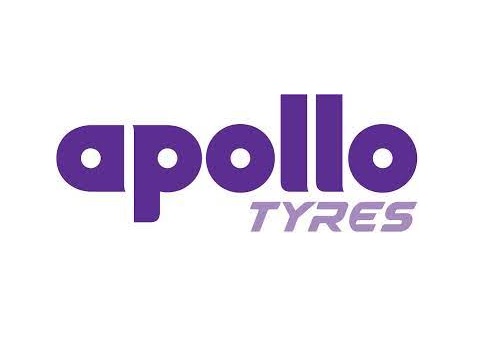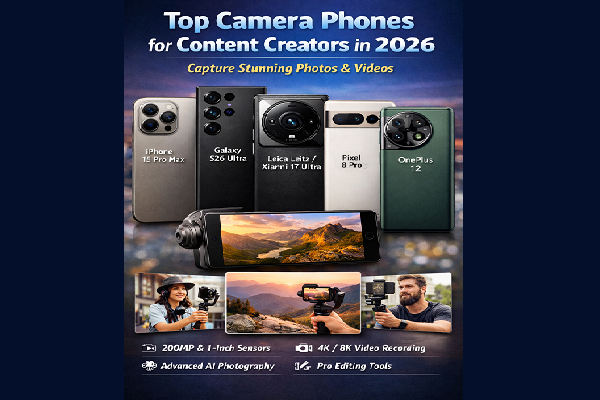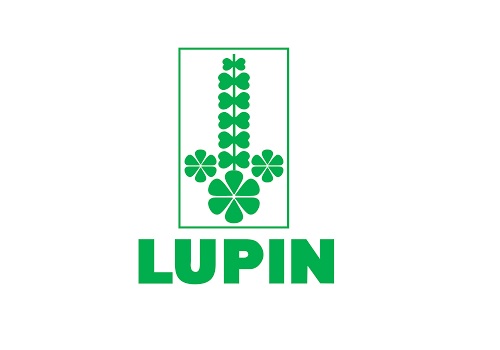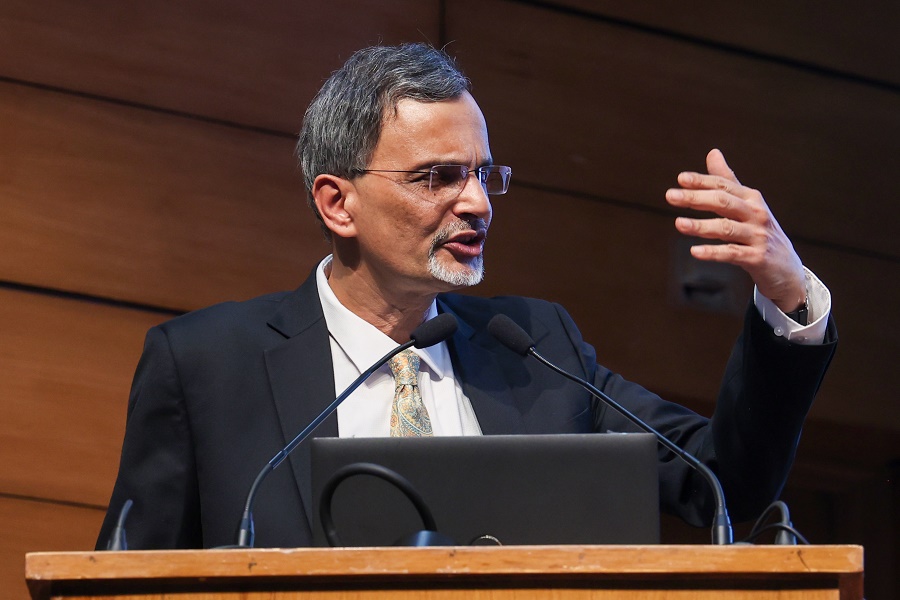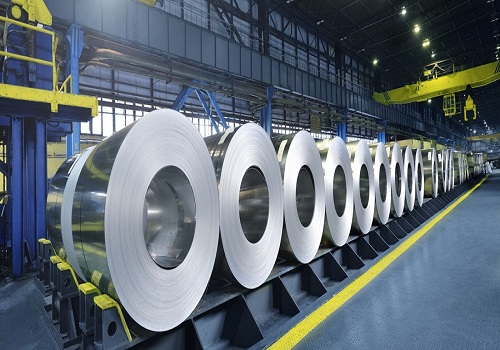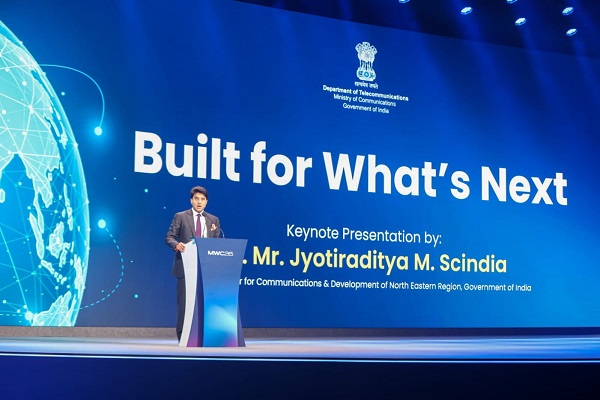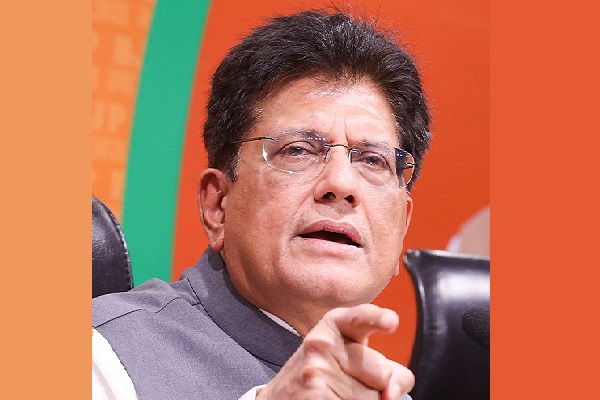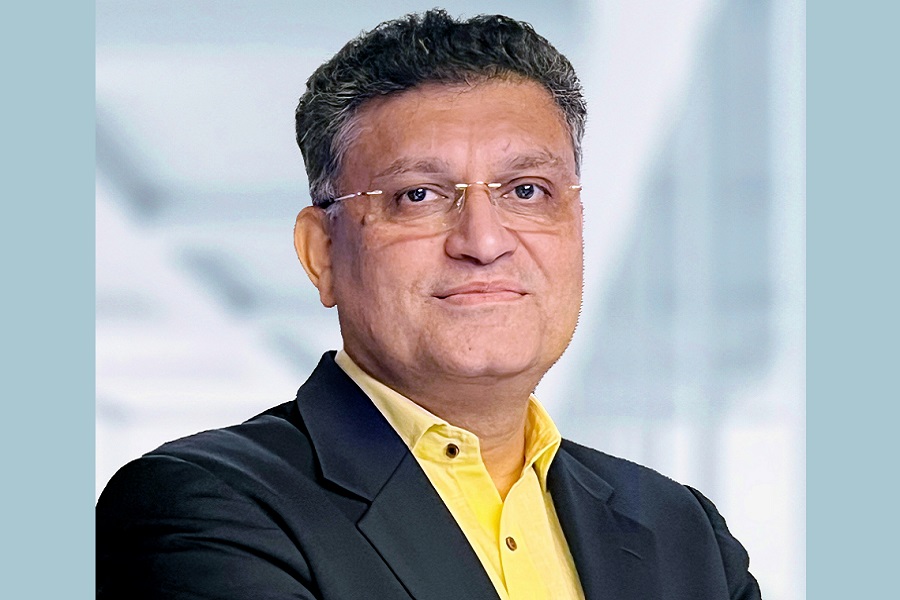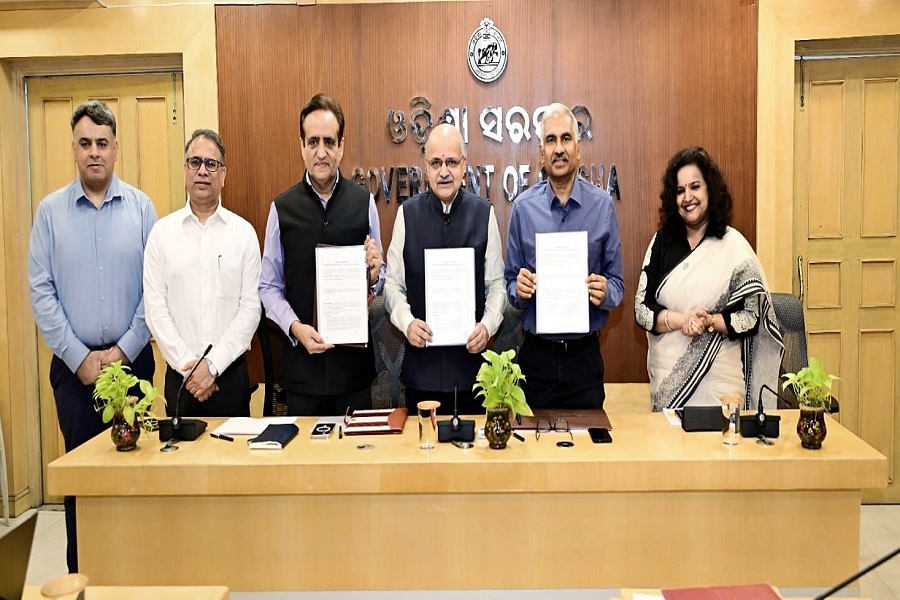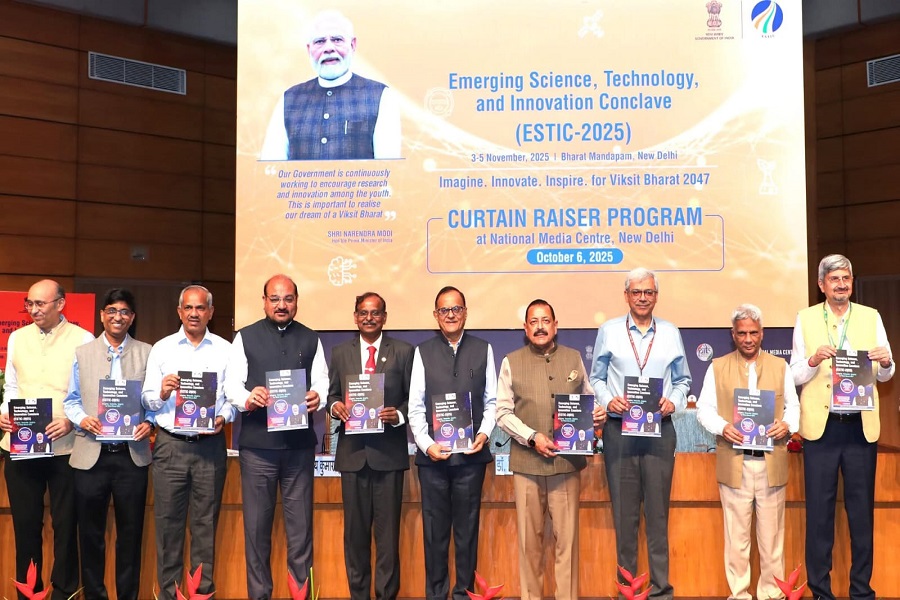India`s Quantum Leap Hinges on Domestic Hardware and Interoperable Stacks, Says DST Ahead of ESTIC-2025

Ahead India's first Integrated Science, Technology, and Innovation Conclave ESTIC 2025, the Department of Science and Technology (DST) today said that India's quantum technology strategy is fundamentally centered on developing indigenous hardware and creating interoperable technology stacks to transform laboratory research into commercial products. The ESTIC-2025 set to be inaugurated by the Honourable Prime Minister Shri Narendra Modi tomorrow, where quantum technology will be one of the pivotal focus areas.
Elaborating on India's comprehensive quantum technology roadmap, Prof. Abhay Karandikar, Secretary, DST emphasized, "Our quantum agenda is strategically focused on hardware development, interoperable stacks, and open test-beds to enable Indian laboratories and industries to co-create systems that successfully scale from prototypes to commercial products."
The National Quantum Mission (NQM), spearheaded by DST, represents India's ambitious program to position the nation among global leaders in quantum technologies. The mission's comprehensive scope includes developing intermediate-scale quantum computers with 50-100 qubits, establishing secure quantum communication networks spanning satellites and inter-city links, creating advanced quantum sensors for precision applications, and engineering novel quantum materials and devices.
The mission's implementation framework is structured around four specialized Thematic Hubs established at India's premier institutions. The Quantum Computing hub at Indian Institute of Science (IISc), Bengaluru, the Quantum Communication hub at IIT Madras in collaboration with C-DOT, the Quantum Sensing & Metrology hub at IIT Bombay, and the Quantum Materials & Devices hub at IIT Delhi together form a collaborative network of 43 leading institutions and 152 distinguished researchers, creating a unified national effort in quantum technology development.
A cornerstone of the mission is its test-bed-driven approach, establishing open, interoperable facilities where academia, startups, and industry partners can validate technologies under real-world conditions. This framework significantly reduces adoption risks while ensuring seamless interoperability across different quantum systems and platforms.
The upcoming ESTIC-2025 conclave, under the Prime Minister's inauguration, will feature quantum science and technology as a central theme, with a structured plan to deliver specific outcome notes that designate clear ownership and responsibility, establish precise time-bound milestones, define standardized protocols, and outline specific use-cases for practical applications.
Significant progress has already been achieved, with eight startups successfully onboarded across quantum technology verticals. These ventures receive comprehensive support including access to Thematic Hub infrastructure, funding assistance, and mentorship through deep-tech incubators.
Complementing the technological development, DST has institutionalized robust human resource development initiatives including the introduction of B.Tech Minor and M.Tech programs in Quantum Technologies, Faculty Development Programs training approximately 2,000 faculty members, and establishment of undergraduate teaching laboratories across institutions.
This holistic strategy aligns with the broader Viksit Bharat 2047 vision, marking a strategic transition from isolated research achievements to creating standardized, interoperable technology stacks that Indian industries can manufacture, service, and export globally, supported by clear validation pathways and accessible public test-beds.
Above views are of the author and not of the website kindly read disclaimer

.jpg)
